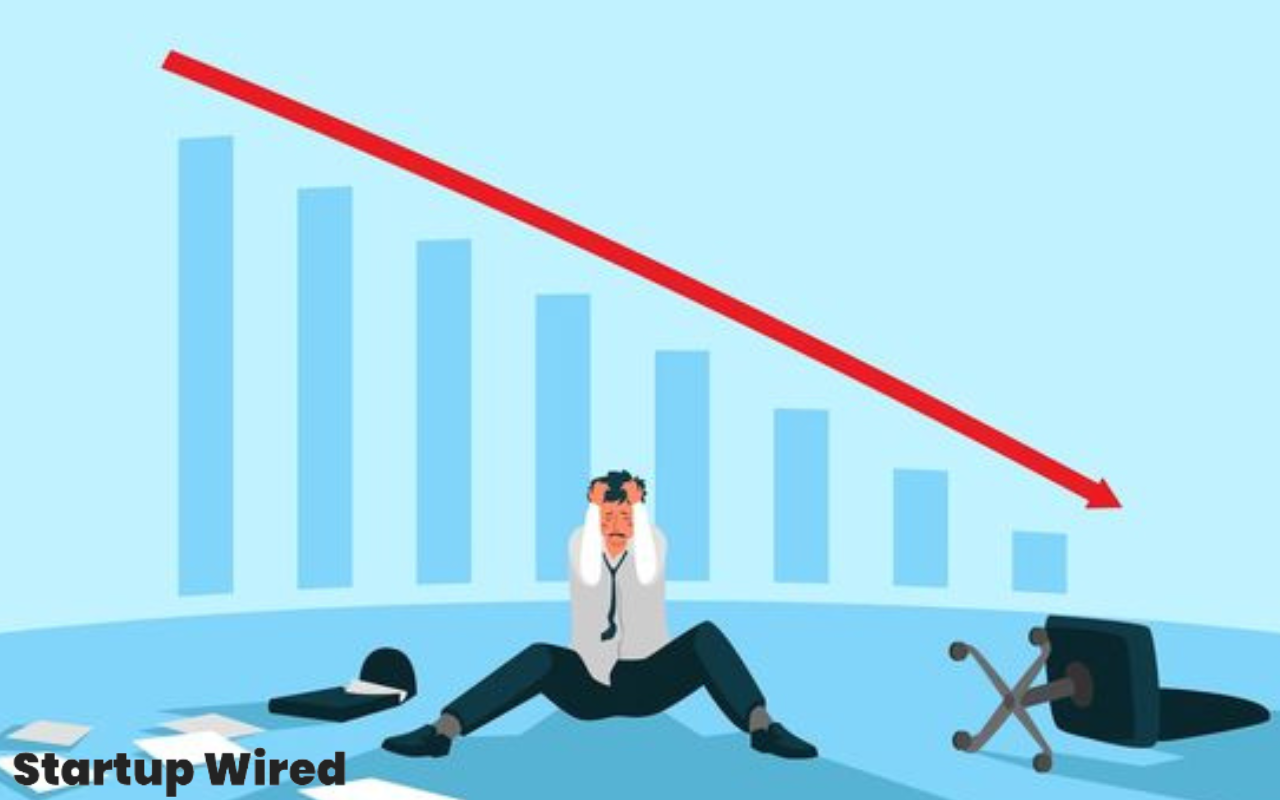The Chinese electric vehicle (EV) market has been a battleground for ambitious startups striving to make their mark. Among them, WM Motor had once been regarded as a promising standout. However, recent developments have seen the company’s fortunes take a significant downturn. In a move that reflects the intense price competition in China’s booming EV market, WM Motor has filed for bankruptcy. This article delves into the rise and fall of WM Motor, a company that was once seen as a rising star.
Rapid Rise and High Expectations
WM Motor entered the scene in 2015, founded by the renowned auto veteran, Freeman Shen. The company quickly garnered attention, securing notable backers, including Chinese tech giant Baidu and Shanghai’s state-owned asset regulator. In a short span of time, WM Motor gained recognition alongside other prominent Chinese EV startups like Nio, Li Auto, and XPeng.
With substantial financial backing and high expectations, WM Motor seemed poised for success. It explored multiple avenues to secure a listing, including attempts to join Shanghai’s STAR Market and Hong Kong’s stock exchange. These endeavors, however, yielded no positive outcomes, hinting at the challenges that lay ahead.
A Struggle for Profitability
Despite the initial hype and investments, WM Motor found itself grappling with the realities of the capital-intensive auto industry. The company struggled to achieve profitability, a common challenge faced by many EV startups. WM Motor’s stock prospectus, released in June 2022 as part of its planned Hong Kong initial public offering (IPO), revealed annual losses that had doubled to a staggering 8.2 billion yuan ($1.13 billion) over the three years leading up to 2021.
These financial woes reflected the difficulty of competing in a market where established players and new entrants alike vied for market share. The need for substantial investments in research and development, manufacturing facilities, and distribution networks placed immense pressure on WM Motor’s balance sheet.
Failed Attempts and a Survival Move
As WM Motor’s financial situation deteriorated, it embarked on a series of strategic moves to stay afloat. The company initiated a backdoor listing process through a reverse takeover with Hong Kong-listed Apollo Future Mobility. This approach was seen as a means of ensuring survival after two previous unsuccessful attempts to secure a listing in Shanghai’s STAR Market and Hong Kong.
The Failed Acquisition
In the midst of its financial struggles, WM Motor entered into a non-binding acquisition term sheet with U.S.-listed second-hand car dealer Kaixin Auto Holdings in September. This agreement was seen as a potential lifeline for the beleaguered EV maker. However, the outcome was far from the solution WM Motor had hoped for.
Bankruptcy Filing
In a significant turn of events, WM Motor filed for bankruptcy. A Shanghai court is now overseeing the proceedings, as confirmed in a filing on the national enterprise bankruptcy information disclosure platform.
Conclusion
The bankruptcy filing of WM Motor serves as a stark reminder of the challenges and intense competition within the Chinese EV market. While the company had initially shown great promise, it ultimately struggled to turn a profit and navigate the capital-intensive auto industry. WM Motor’s downfall is a cautionary tale for other aspiring EV startups, highlighting the difficulties they may encounter as they seek to carve out a space in this rapidly evolving and fiercely competitive market.
Despite its bankruptcy, the broader Chinese EV industry continues to grow, with government incentives and consumer interest driving demand. As the market evolves, both established players and newcomers will need to navigate carefully, as success in this dynamic landscape remains far from guaranteed.
